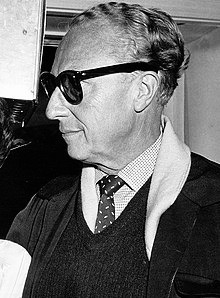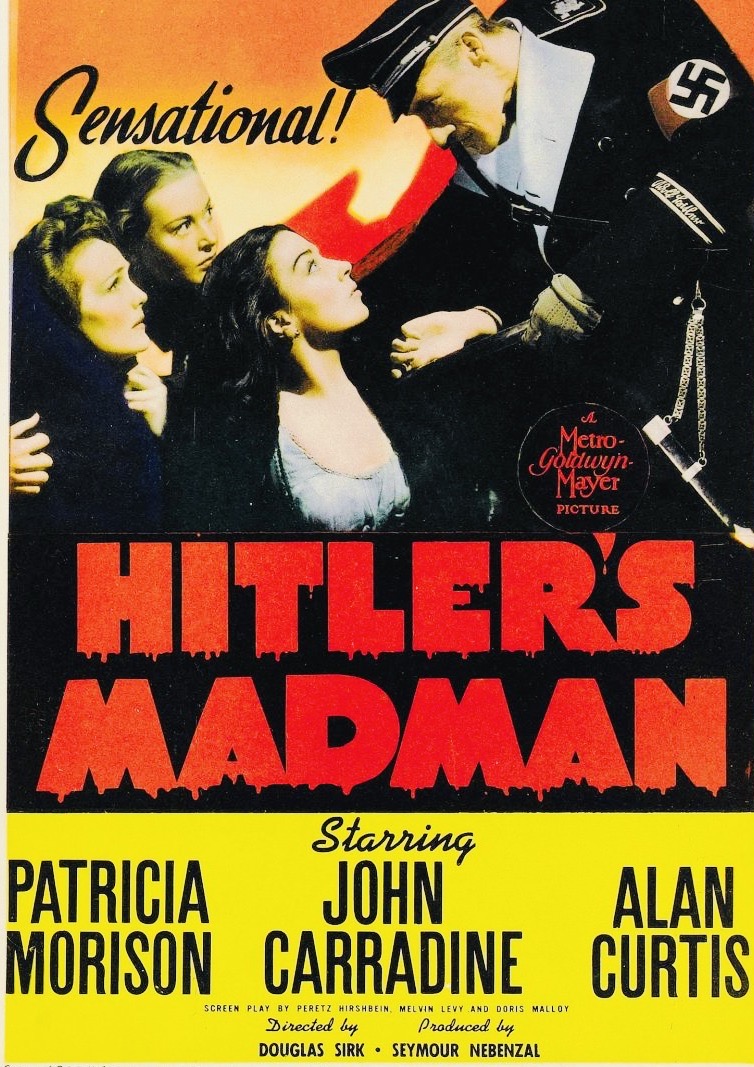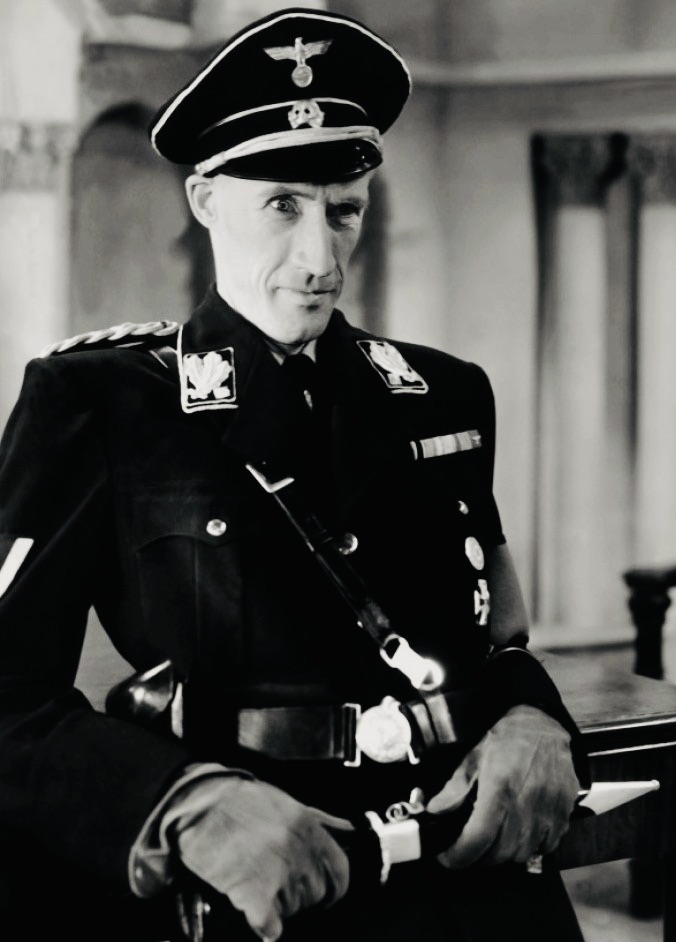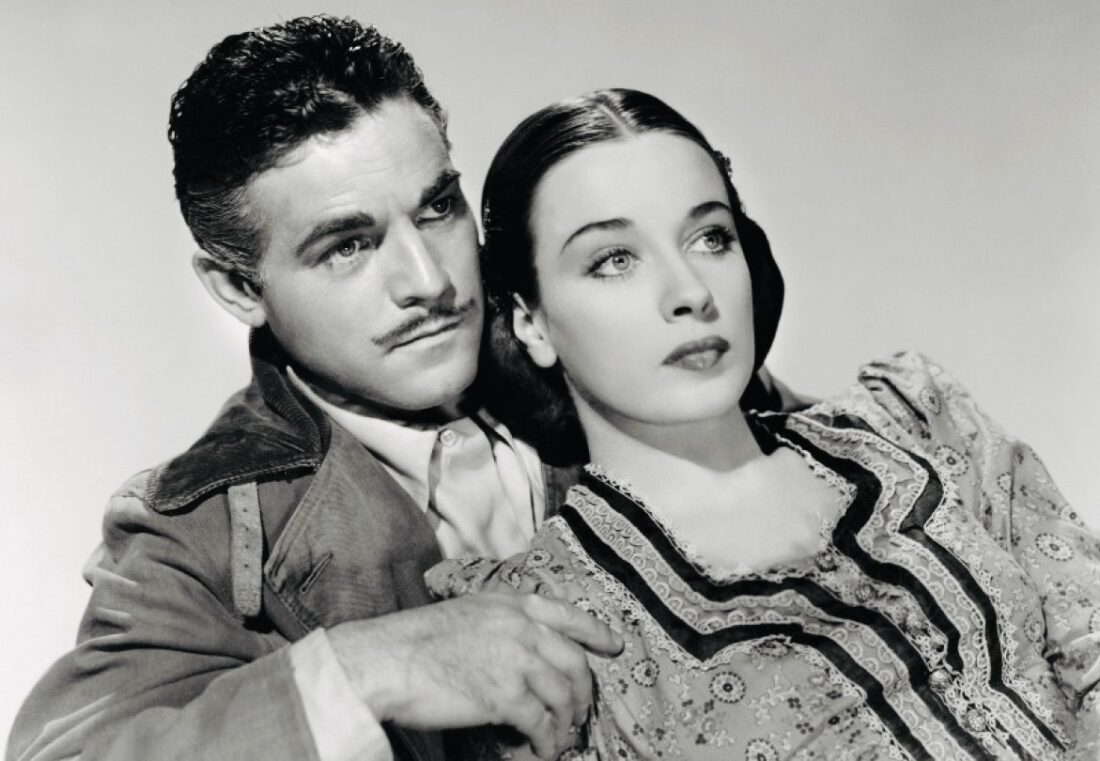Driven out of Germany in 1937, movie director Detlef Sierck settled in Los Angeles, hoping to restart his career in Hollywood. He could have avoided exile had his wife not been Jewish and had he been a fascist devoted to Adolf Hitler’s Nazi regime.
In America, he anglicized his name to Douglas Sirk, and within a few years, he landed on his feet and achieved enormous success.

His first feature film in the United States, Hitler’s Madman, a workmanlike MGM production screened on the Turner Classic Movies channel recently, was released in January 1943, when the Holocaust was raging and German armies were tasting the bitter fruits of battlefield defeats.

Hitler’s Madman is a reference to Reinhard Heydrich, a diehard Nazi and a high-ranking SS officer in charge of Germany’s occupation of Bohemia and Moravia in Czechoslovakia. He was appointed to his position after submitting a comprehensive plan aimed at the systematic extermination of Jews of Europe, a monstrous proposal discussed at the seminal Wannsee Conference in Berlin in January 1942.
Four months later, on May 27, Czech partisans ambushed his unprotected and unescorted car on a rural road near Prague. Severely wounded, Heydrich died in a Prague hospital on June 4 at the age of 38. At his state funeral in Germany, he was hailed as an Aryan hero, even though he may have been of partial Jewish ancestry.

His assassination enraged the Nazi regime. Heydrich’s boss, Heinrich Himmler, ordered a vicious reprisal. Lidice, a village 30 kilometers from Prague, was razed to the ground. Males over 15 were shot, women were sent to the Mauthausen concentration camp in Austria, and children were placed in orphanages.
In the wake of Himmler’s death, the Nazis accelerated the Final Solution in Poland in Operation Reinhard.
This one-and-a-half hour film is set against the backdrop of Heydrich’s demise. In the first scene, a British-trained Czech commando, Karel Vavra (Alan Curtis), parachutes into German-held territory near Lidice, which is portrayed as a pleasant but somnolent village.
Vavra, a native of Lidice, learns that his parents have been shipped to a Nazi concentration camp. His girlfriend, Yarmilla (Patricia Morrison), whom he has not seen in a long time, warns him of local dangers and denounces the Nazi occupation. “We’re nothing but slaves working for them,” she wails.
Unintimidated by the Nazis, Vavra urges village elders to resist. Bauer, the pro-Nazi mayor, insists there must be German law and order. Later, he and his wife learn that their two sons, soldiers in the Wehrmacht, were killed in action on the Russian front.

Heydrich (John Carradine) first appears about 30 minutes into the movie when he claims that the “new German order” will supplant the League of Nations in Europe. Tall, blonde and arrogant, he is cast as a ruthless predator and inveterate womanizer.
The villagers finally rise up in revolt. At Vavra’s direction, Czech saboteurs blow up a mine. Yarmilla, a undying patriot, teaches school children the Czech national anthem. Her timid father asks her to resign, fearing Nazis retaliation.
Heydrich turns up again at a religious procession during which he slaps a priest and then kills him. In his role as Heydrich, Carradine is cool and brutal.
Heydrich’s fate is determined when Bauer’s wife, having turned against the Nazis, gives the Czech underground an invaluable tip regarding his travel arrangements. The partisans kill him as he is driven along a country road. Bauer is arrested, accused of failing to keep a lid on anti-Nazis.
As he lies miserably on his death bed, Heydrich lets out a howl. “I want to live,” he says pathetically. Himmler (Howard Freeman) watches him draw his last breath, whereupon he phones Hitler to inform him of the news.
Himmler orders the destruction of Lidice, whose inhabitants pay dearly for Heydrich’s assassination.
Hitler’s Madman, a passable propaganda film designed to whip up support for the Allied war effort, achieves its worthy objective. But as movies go, it tends to be melodramatic and is less than a stellar production.
